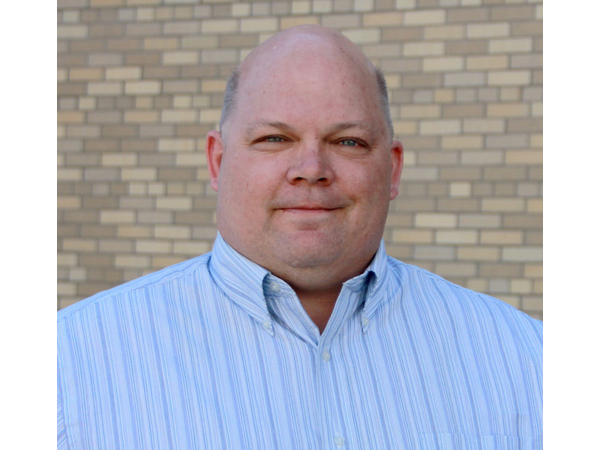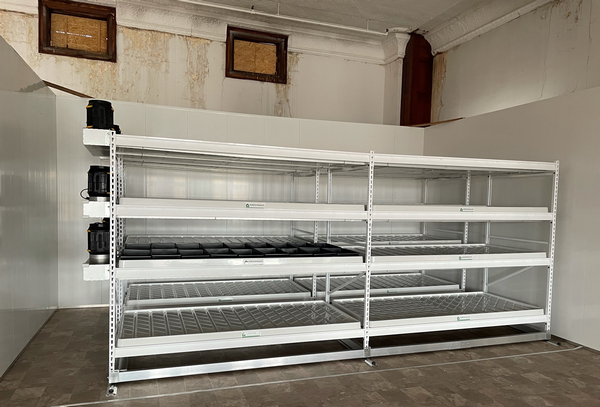Sustainable PR client is featured by Vertical Farm Daily for the installment of a vertical farm in downtown Glens Falls, New York:
“The challenge will be figuring out how to transition this farm project from being a pilot funded by state grants to a self-supported commercial enterprise,” says Dr. Jeff Flagg, the Economic Development Director for the City of Glens Falls, New York.
The City of Glens Falls is pursuing this project through funding from Empire State Development (ESD), the state agency that oversees business support for New York entities. In essence, ESD’s primary mission is to foster business development and job creation in New York. In March 2020, ESD announced a call for applications to its newly launched Smart Cities Innovation Partnership. The program was designed to support local governments in piloting technology solutions that promote quality of life, safety, welfare and public health.

Dr. Jeff Flagg
When the Smart Cities Innovation Partnership was announced, the Glens Falls City Council’s Sustainability Committee was already brainstorming ways to handle challenges created and/or exacerbated by the COVID pandemic. As Jeff explains, one of those major challenges was the prospect of building vacancies, either temporarily due to the pandemic or permanently as a result of changing economic dynamics. And so, the City of Glens Falls decided to tackle multiple issues with one project: a pilot vertical farm.
“The nature of the pilot was simple: is it possible to take vacant space and convert it into an indoor farm, either permanently or temporarily? Provided the space has existing water and electrical infrastructure, we figured all we had to do was to construct a box inside of that space in which to grow crops,” explains Jeff.
Pilot program to launch in April 2022
As part of its successful application to the Smart Cities Innovation Partnership, the City selected an agriculture technology partner, Re-Nuble, and got to work designing a 480-square foot grow room to trial hydroponic indoor farming. Thanks to a local building owner, vacant space was donated for the pilot project. Similarly, utility provider National Grid has contributed substantially to the project through funding and engineering support.
The pilot farm is set to commence operations in April and is slated to run for 3-4 months. The vegetables produced will likely be sold to local restaurants and organizations. If the project proves successful, the farm could be expanded within the same facility.

The vertical farm will be built in the building above. (Photo credits: Lori Van Buren/Times Union)
Community interest key to success
To gauge community interest in indoor farming, the City of Glens Falls worked with Sustainable PR. This partnership generated significant media coverage of the project and produced an online survey targeting key stakeholders and influencers. The survey revealed that, following food supply challenges in 2020, consumers are increasingly willing to pay for products grown locally and cleanly.
According to Jeff, many people have expressed interest in participating in the pilot program and the city has hired a grower to manage the day-to-day operations at the pilot farm.
And so, while indoor farming may be new to the Glens Falls area, the community has already come together to support the pilot program and see it through. The City of Glens Falls is excited to share the results of the pilot program in mid-summer of 2022.
For more information:
Dr. Jeff Flagg, economic development director
City of Glens Falls
www.cityofglensfalls.com
Myla Dobson, account executive
myla@sustainablepr.com
Sustainable PR
www.sustainablepr.come
Publication date:
Author: Rose Seguin
© VerticalFarmDaily.com
This article was originally published by Vertical Farm Daily.






